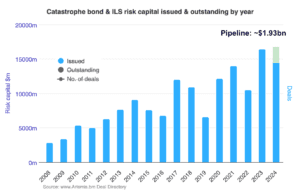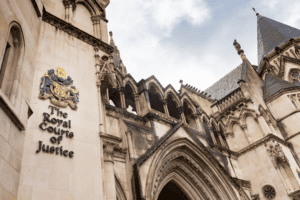What are the 3 main types of insurance?
What are the 3 main types of insurance?
Insurance in India can be broadly divided into three categories: Life insurance. As the name suggests, life insurance is insurance on your life. … Health insurance. Health insurance is bought to cover medical costs for expensive treatments. … Car insurance. … Education Insurance. … Home insurance. Feb 17, 2022
What are the 5 main types of insurance?
Home or property insurance, life insurance, disability insurance, health insurance, and automobile insurance are five types that everyone should have.
How do start my own business?
Conduct market research. Market research will tell you if there’s an opportunity to turn your idea into a successful business. … Write your business plan. … Fund your business. … Pick your business location. … Choose a business structure. … Choose your business name. … Register your business. … Get federal and state tax IDs. More items…
How do I start my own insurance company?
How to start an insurance agency Step 1: Write a business plan. … Step 2: Choose your legal structure. … Step 3: Choose and register your agency’s name. … Step 4: Get a tax ID number. … Step 5: Register your business with your state. … Step 6: Get your business licenses and permits. … Step 7: Purchase insurance to protect your investment.
Why insurance is important in startup business?
Why Is Insurance for Startups Important? Businesses face lawsuits and liability claims every day. As you start yours, you’ll want to consider the potential risks you may face and know what your state requires for insurance.
How will I manage my business?
To give yourself a fighting chance in making a success of your business, you should do the following: Know your business. … Know the basics of business management. … Have the proper attitude. … Get adequate funding. … Manage your money effectively. … Manage your time efficiently. … Know how to manage people. … Satisfy your customers. More items…
What is the difference between a BOP and package policy?
WHAT IS THE DIFFERENCE BETWEEN A BOP (BUSINESSOWNERS POLICY) AND CPP (COMMERCIAL PACKAGE POLICY)? A BOP is a bundled package of coverages designed for the average small- to medium- sized risk. A CPP is more of a cafeteria style policy where each coverage is tailored to the specific risk and needs of the business.
What is not covered under a BOP policy?
BOPs do NOT cover professional liability, auto insurance, worker’s compensation or health and disability insurance. You’ll need separate insurance policies to cover professional services, vehicles and your employees.
What does FDIC-insured cover?
FDIC deposit insurance only covers certain deposit products, such as checking and savings accounts, money market deposit accounts (MMDAs), and certificates of deposit (CDs). Dec 8, 2021
What does being FDIC-insured mean?
An FDIC insured account is a bank account at an institution where deposits are federally protected against bank failure or theft. The FDIC is a federally backed deposit insurance agency where member banks pay regular premiums to fund claims. The maximum insurable amount is currently $250,000 per depositor, per bank.
What is the FDIC and what is its purpose?
The Federal Deposit Insurance Corporation (FDIC) is an independent agency created by the Congress to maintain stability and public confidence in the nation’s financial system.
What is the FDIC insurance limit for 2020?
$250,000 Today, the FDIC insures up to $250,000 per depositor per FDIC-insured bank. An FDIC-insured account is the safest place for consumers to keep their money. Learn more about deposit insurance here. Mar 18, 2020
What is the FDIC limit for 2021?
That was back in 1934, and today not much has changed except for the FDIC coverage limit growing by a multiple of 100, from $2,500 to $250,000 as of 2022. Today, the FDIC covers accounts up to $250,000 in deposits per account owner / ownership category at each insured bank.
Are all banks FDIC-insured?
In general, nearly all banks carry FDIC insurance for their depositors. However, there are two limitations to that coverage. The first is that only depository accounts, such as checking, savings, bank money market accounts, and CDs are covered.
Should you keep more than 250k in bank?
Bottom line. Any individual or entity that has more than $250,000 in deposits at an FDIC-insured bank should see to it that all monies are federally insured. And it’s not only diligent savers and high-net-worth individuals who might need extra FDIC coverage. Oct 11, 2021





